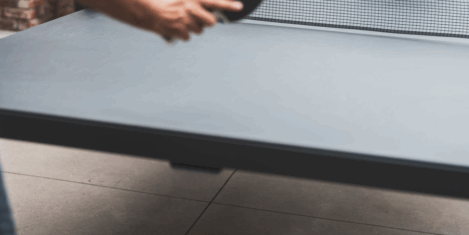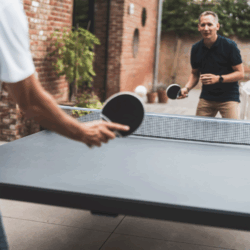October 7, 2025
Very few people say they enjoy their work, HP study suggests
 Just 15 percent of UK knowledge workers say they have a healthy relationship with work, according to the latest findings from HP’s third annual Work Relationship Index [registration]. The poll of more than 18,000 desk-based employees across 14 countries, including 1,300 in the UK, shows an 11-point fall from 2024 and a figure five points lower than this year’s global average. The report suggests that business leaders in the UK influence most of the factors shaping employee wellbeing, yet many workers feel their needs are not being met. Only 14 percent of respondents believe leaders show empathy, and the same proportion say leaders communicate transparently. At the same time, 41 percent feel their company prioritises profit over people, while 61 percent say expectations and demands have increased – the highest level across developed markets. (more…)
Just 15 percent of UK knowledge workers say they have a healthy relationship with work, according to the latest findings from HP’s third annual Work Relationship Index [registration]. The poll of more than 18,000 desk-based employees across 14 countries, including 1,300 in the UK, shows an 11-point fall from 2024 and a figure five points lower than this year’s global average. The report suggests that business leaders in the UK influence most of the factors shaping employee wellbeing, yet many workers feel their needs are not being met. Only 14 percent of respondents believe leaders show empathy, and the same proportion say leaders communicate transparently. At the same time, 41 percent feel their company prioritises profit over people, while 61 percent say expectations and demands have increased – the highest level across developed markets. (more…)

















 A new poll suggests that younger people are increasingly seeking a return to office working, as large numbers report that remote work has left them feeling lonely and disconnected. The survey from
A new poll suggests that younger people are increasingly seeking a return to office working, as large numbers report that remote work has left them feeling lonely and disconnected. The survey from 
 Leaders who feel ignored or excluded by their own families are more likely to withdraw at work, undermining both team morale and customer service, according to new research from the University of Bath.
Leaders who feel ignored or excluded by their own families are more likely to withdraw at work, undermining both team morale and customer service, according to new research from the University of Bath. 













